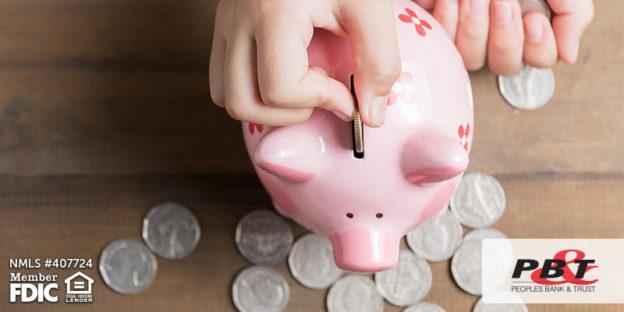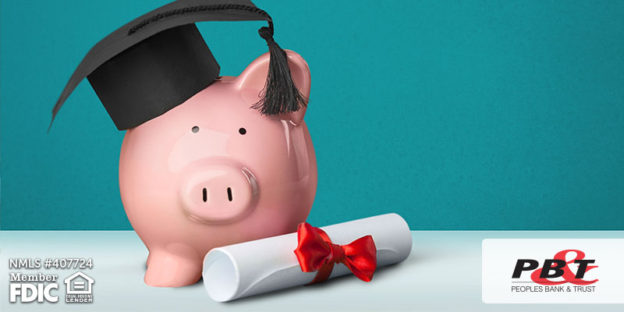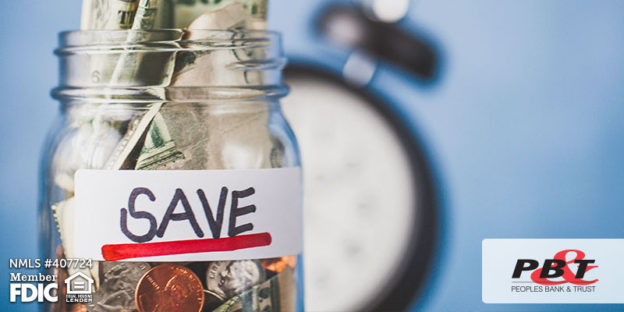Are you thinking about taking the big step of becoming a homeowner? Purchasing your first house is a significant and exciting change, but it can be easy to get caught up in the excitement and forget about certain costs. If you want to make sure you have all of your financial bases covered before owning a house, keep reading!
Lawn Upkeep
The cost of maintaining a lawn is one people often underestimate. Whether you hire someone to keep your lawn looking fresh or decide to do it yourself, it will cost some money. Besides needing a lawn mower for cutting your grass, keep in mind things like pest control, weed killer, fertilizer and landscape. Some other equipment needed in lawn upkeep includes a hose, sprinkler, rake, weed wacker, trimmers and much more.
Keeping it Clean
Keeping a house clean is much more challenging and costly than cleaning a small apartment. Many families not only add onto their collection of cleaning supplies, but usually double almost all of the supplies they own. It may sound unnecessary, but once you have to start making trips up and down stairs to clean different levels of the house, you might want to double your supplies, too.
Property Taxes
One of the biggest payment differences between paying rent for an apartment and paying a house mortgage is property tax. It’s important to figure this out beforehand and add it to your estimated monthly payment so you know what to expect. To get a general idea of how much you’d be spending in property taxes, use an online property tax estimator.
Immediate Renovations
After buying a house, it’s normal to want to turn that house into a home. Homeowners are constantly looking for things to improve, like redoing the kitchen cabinets, fixing the deck, changing the wall colors, finding a new floor you love… the list goes on. Keep in mind when house hunting what you’d want to change about the houses you look at and add this to the list when considering your expenses.
Time
This one seems obvious, and although this particular cost won’t be coming out of your pocket, it’s a very important component to consider. Owning a house means doing everything yourself – something you didn’t always have to do while living in an apartment. Keeping up with maintenance, dealing with pest control and tending to the lawn are some of the many time-consuming things that come with being a homeowner.
Now that you’ve considered some of the unexpected costs of owning a house, you’re able to make a more informed decision on if taking this step is the right choice for you right now. We offer mortgages that will help your homeowner journey become a little smoother.
Peoples Bank & Trust Co.
Member FDIC
Equal Housing Lender











